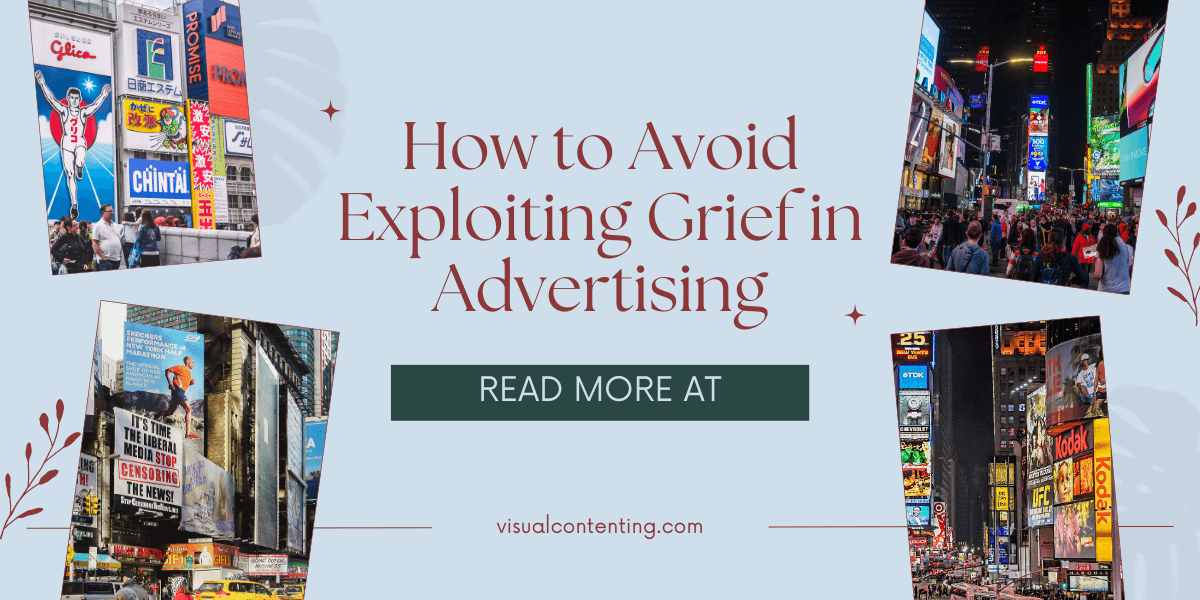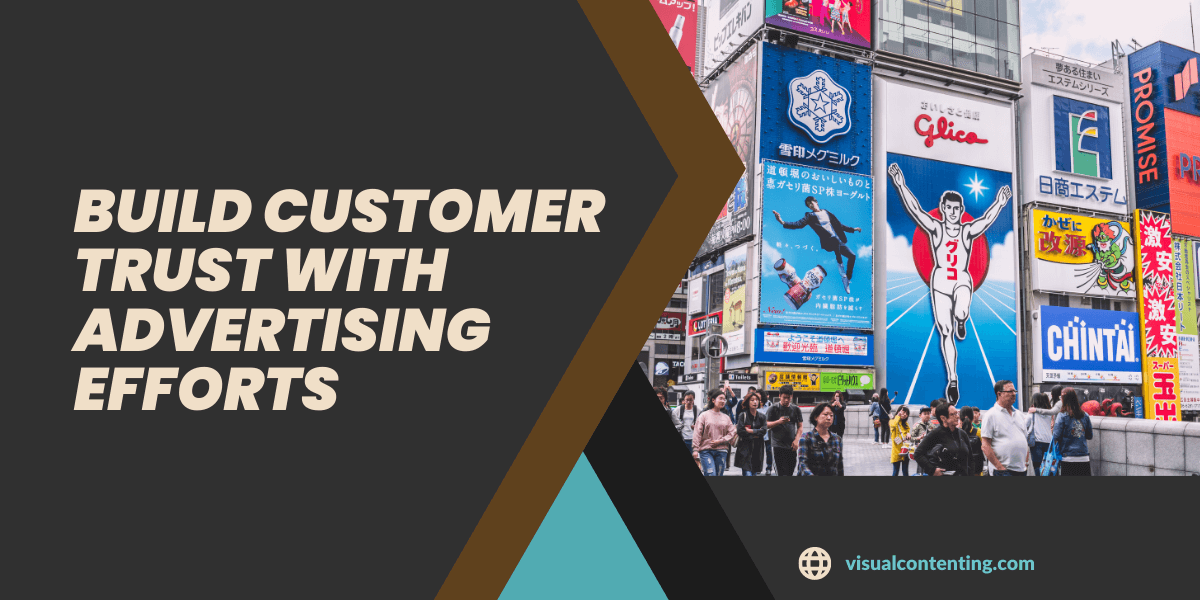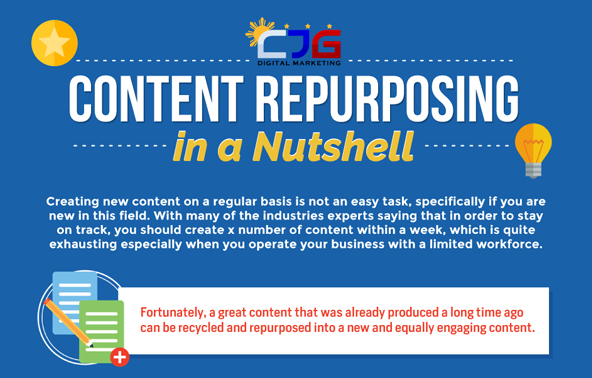Can ads – particularly within the digital sphere – help inspire change? Modern advertising needs to reflect the diverse fabric of America.
By promoting equity in advertisements, marketers give underrepresented groups influence and power. This isn’t a new topic among advertising and marketing professionals. However, the time has come to spark conversations into action around the four distinct issues of diversity, equality, equity and inclusion.
Equity in advertising is one very important area that’s been overlooked in the industry. To date, the topic of equity is nearly absent in ongoing discussions about promoting fairness in advertising practices. By promoting advertising equity, marketing professionals can drive the industry toward an attitude that’s more representative of society.
Nevertheless, after decades of ongoing discussion, there’s still a marked disparity between the appearance of mainstream advertisements and the composition of society. For some reason, the marketing industry has chosen to ignore the divide between an idealized world and reality.
A Call for Diversity and Inclusion
This trend continues even as a multitude of studies show that the United States is growing increasingly diverse. Also, it’s questionable whether many influential marketers understand that diversity extends beyond ethnicity.
Still, marketers find ways to segment and capture the attention of various audiences. Whether people vary in age, gender identity or economic status, marketers find a way to resonate with specific groups. Relatively recently however, more marketing thought leaders acknowledge the need for professional diversity to promote real diversity in advertising.
The need for diversity in advertising and marketing is no secret. 91-percent of marketing professionals in a recent industry survey expressed that they believe that there is a need for more diversity in the field. The poll showed that lack of diversity is a weak spot among United States corporations.
From a business aspect, corporate and media diversity is essential for relating to a blended consumer base. Studies show that 83-percent of people respond positively to marketing communications that represent contemporary society.
This shows that diversity is simply good business. It allows brands to elicit improved responses from a consumer base that is constantly evolving.
Working Toward Change
Media Village sponsors AdvancingDiversity.org, which hosts the Advancing Diversity of Hall Honors. The award recognizes marketing professionals who promote best practices for progressing diversity and inclusion.
In 2019, marketing thought leader Jack Myers announced award recipients at the Las Vegas Consumer Electronics Show. The forward-thinking initiative takes a different approach toward recognizing achievement. During the ceremony, the moderator led all attendees in exploring diversity, an award ceremony format developed at the Sundance Institute.
The Advancing Diversity of Hall Honors program is designed to help marketing industry leaders find common ground in promoting diversity. During commencement, award winners stimulate discussion about the topic. This year, the organization inducted eight nominees:
- Alma Har’el of #FreeTheBid
- Bob Liodice of the Alliance of National Advertisers
- Diego Scotti of Verizon
- Kat Gordon of the 3 Percent Movement
- Madonna Badger of Badger&Winters
- Marc Pritchard of Procter&Gamble
- Pam El of the NBA
- Ricardo Marques of the InBev Group
The award ceremony was followed by the Inclusive Talent Job Fair. Event organizers designed the fair as a natural complement to the proceeding ceremony.
Be Bold, Make a Difference
Marketing professionals can work toward diversity and inclusion by learning more about pressing social issues and participating in civic engagement. In today’s information fueled society, marketing professionals have access to nearly unlimited information about opportunities to affect change.
Diversity and inclusion advocates can participate in civic engagement by voicing their opinion in public forums and on social media, as well as by emailing government officials and contributing to online petitions. Advocates can also support the cause of their choice by joining community groups and campaigning for causes. Furthermore, it’s important to stay informed about political issues that affect diversity and inclusion and represent your views by voting on key legislation.
A segment of the population has always been drawn to civic engagement. However, there was a sharp spike in civic engagement in 2017, when a Senate office received 46,000 email communications from the public. This was a 4,500-percent spike compared to the previous year.
In addition, average attendance at nationwide town hall meetings surged from approximately 20 to 50 residents to nearly 300 individuals at each gathering. Apparently, the public is increasingly recognizing that they must participate in government in order to foster fair representation.
Marketers can take an act example from the nation’s constituents by working toward filling gaps in diversity and inclusion in corporate America. From the inside, advertising and marketing professionals can work to promote equal social equity.







